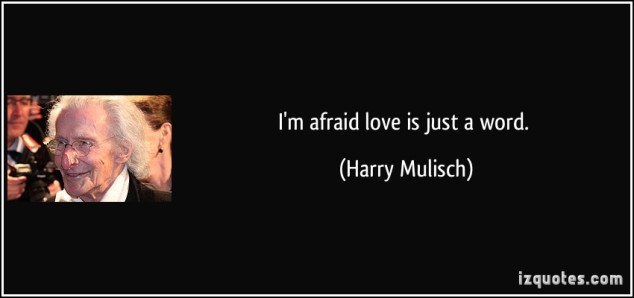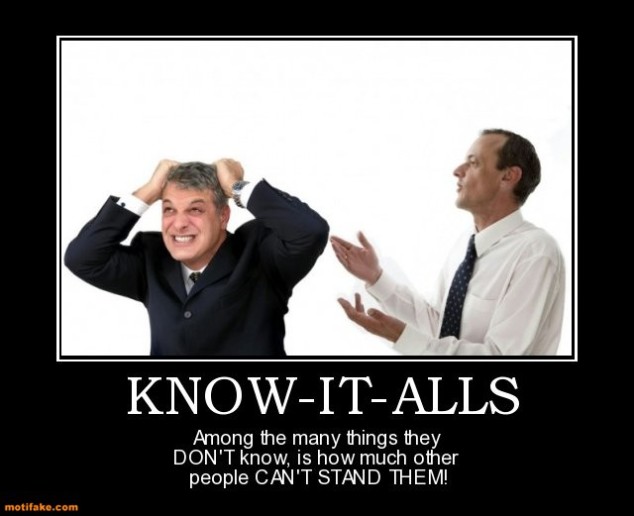Let’s compare both and find out for ourselves.
A discussion is a communication style of which the outcome is not predefined, while having “mutual understanding” as a pre-determined final goal before entering into it. A discussion is supposed to lead to the best solution of a given problem, a clarification of a misunderstanding or the best valuation of an idea, to mention some random examples.
Such “understanding” is to be reached & accepted by all engaged parties at the end of a discussion, based on healthy communication, proper exchange of ideas, information or opinions and genuine agreement (as opposed to artificial one for the sake of muting “high volumes”). It’s a collective, non-selfish & constructive process by nature (even if no outcome is reached yet).
An argument, on the other hand, is characterised by the “will to win” clearly visible through the show of interruptive emotions. An argument is less effective than a discussion in most cases but can be necessary depending on the counterpart’s openness to having a calm discussion. Having an argument is mostly the result of us being unable to suppress whatever emotion that we have at a given moment of discussing a topic, whether anger, impatience, anxiety, disappointment or sadness etc.
Paradoxically enough, having an argument at such times can be a healthy release of pent-up negativity; one that needs to be out of the way, first, for a calm discussion to take place.
I find arguments to be generally ineffective & counter-productive than discussions because their goal is either:
- Predefined: when we argue for the sake of arguing (releasing negative energy because we WANT to), OR
- Non-defined at all, when we argue because that’s all we can do now (releasing negative energy because we CAN’T discuss calmly)
Therefore, enforcing an arguing style of communication is a counter-productive, selfish & unfair form of communication aimed at convincing the other party of one’s points of views, legitimizing the use of irrational communication (shouts, fictitious outrage, refusal of agreement, interruptions, unmeant disagreements, lack of self-reflection, manipulation of facts etc.).
An argument is at its best when it means “a reason given in proof or rebuttal”, only as part of a debate or a discussion and not as a way of communication.































